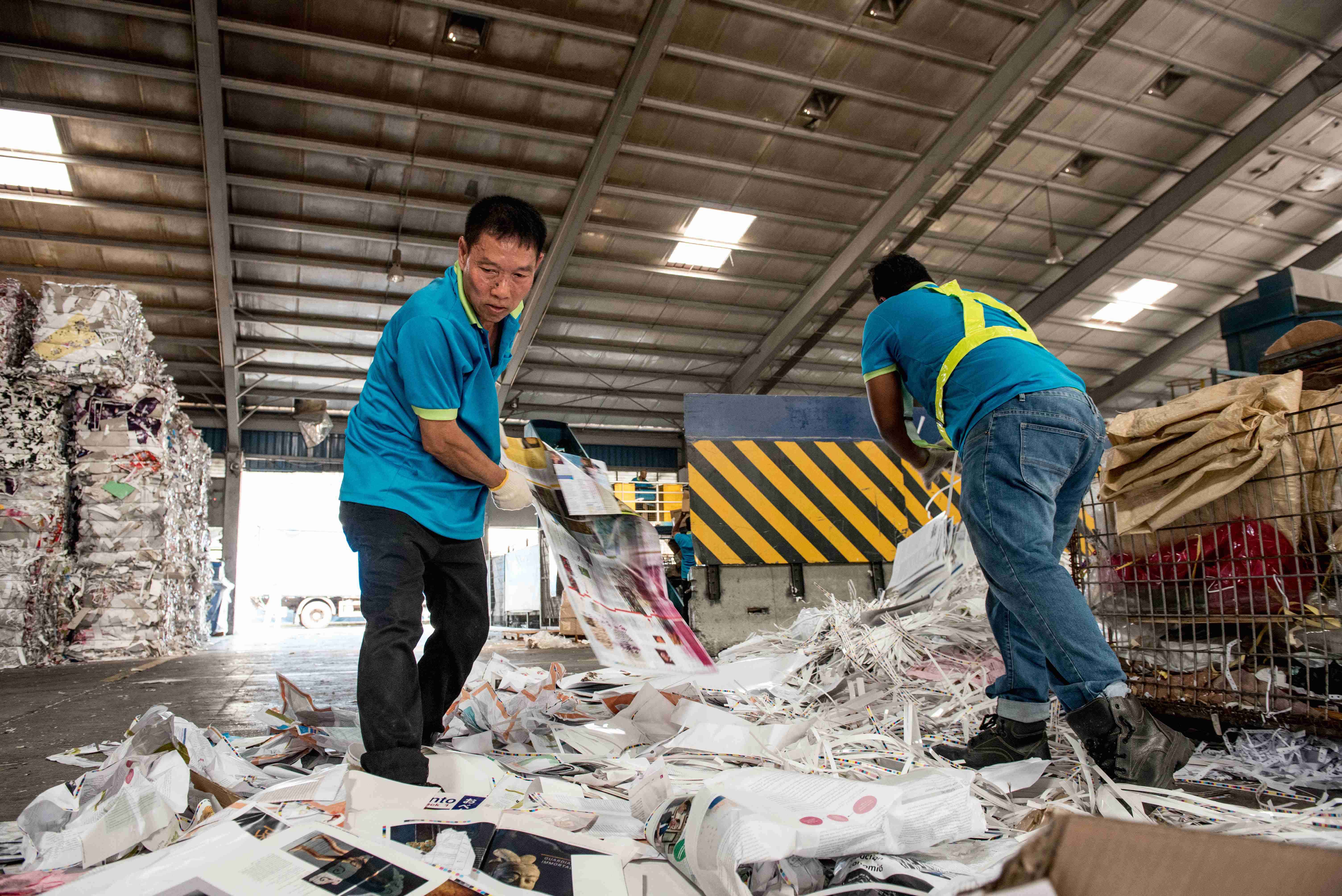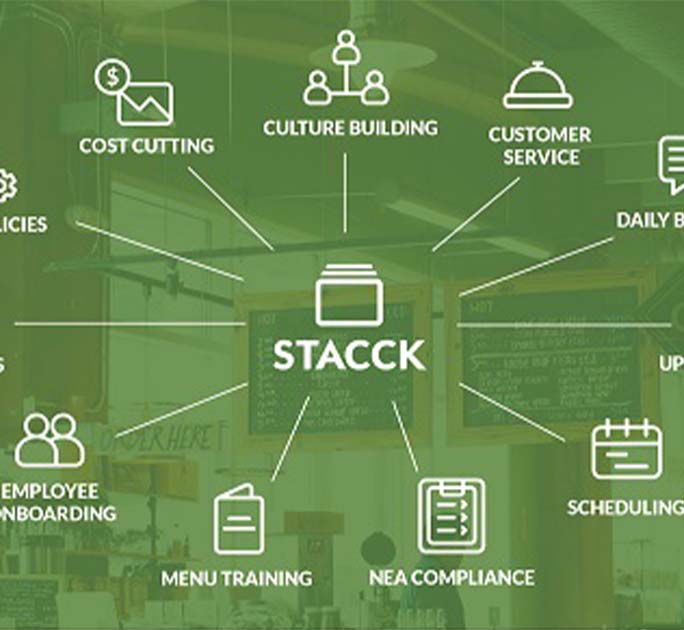Blurring Boundaries Between Profit & Doing Good
DBS BusinessClass Social Impact Disrupt event explored the growing fusion of business and social responsibility worldwide.

Running a business profitably while making a positive social impact is not only increasingly feasible, but necessary to sustain an enterprise in the long run. The rise of responsible behaviour in the corporate world – whether in the form of social enterprises or companies who have incorporated a social mission into their business – was discussed at some length at the Social Impact Disrupt event held on October 16.
Organised by DBS BusinessClass in collaboration with DBS Foundation to kick off Social Enterprise Week, the event looked at ways for SMEs to incorporate social impact into their businesses. These included rethinking business models, choosing the right approach to doing good, and supporting social enterprises to make an impact through them.
Over 250 SMEs and social enterprises attended at the event, from Singapore, China, Hong Kong, Taiwan, India, Indonesia, the Philippines and Thailand. The lively affair saw over 3,700 views garnered through Facebook Live and WeChat live across our various markets.
Opening the DBS Social Enterprise Week, DBS CEO Piyush Gupta encouraged businesses to take a “long-term view on profitability and to think of driving social impact,” reinforcing the event’s theme of blurring the lines between social impact and profit. He highlighted the drivers behind the growth of social enterprise worldwide in recent years and noted that globalisation and disruptive technologies have resulted in a widening gap between the haves and haves-nots, while climate change has raised serious concerns over the sustainability of the planet.
These issues have in turn led to a host of social problems that governments alone are not equipped to address. “We need collective participation to resolve these problems. The private sector has a fundamental role to play.”
In 2014, the bank created the DBS Foundation to support and nurture social enterprises – businesses working towards a “double bottom line”. While the Foundation continues to focus on nurturing social enterprises and helping them get their business models right, it is also widening its scope towards inspiring commercial businesses to also integrate social missions into the core of their operations.
“Are shareholders willing to accept a blurring of the lines between profit and social mission? The answer is a resounding ‘Yes’. A business can only be there for the long term if civil society gives you a licence.”
Re-thinking business
The audience was then addressed by Ankit Agarwal, who shared his inspiring story of building a business that helps underprivileged women in India.
Mr Agrawal is the founder of HelpUsGreen, which aims to preserving the River Ganges by recycling the waste from temples and mosques in India and Bangladesh.
His work has resulted in Mr Agarwal receiving the UN Momentum of Change Award and the UN Young Leader Award to champion Women’s Rights. He is also a DBS Foundation grant awardee.
In his address, Mr Agarwal said that it was important for social enterprises to be close to the people they are trying to help to better understand their problems. He also urged entrepreneurs to be prepared to do things that are “uncomfortable” if they are serious about making a change, and also to believe in the power of hope.
“Social entrepreneurs have a lot of self-doubt but I believe that social enterprises can change the world,” he said.
His journey demonstrated the tremendous impact a social enterprise can make when it throws out the rule book and re-thinks how business can be conducted, innovatively.
Different approaches to social impact
In the event’s next session, a panel of entrepreneurs engaged in a dialogue to explore the implications for businesses in blurring the lines between commercial considerations and a social mission. Moderated by Mark Cheng, Senior Advisor at global social enterprise organisation Ashoka, the panel touched on a range of issues, from the ability of social enterprises to scale-up to they effectively measuring social impact.
Pornthida Wongphathakrul, Co-founder and CMO of Siam Organic, said that if social enterprises have high-quality products and services, they will be able to scale their business across borders. Her company works to alleviate poverty among farmers in Thailand by encouraging them to grow organic Jasberry rice and reaching it to global consumers.
Ang Kian Peng, Director, Samsui Supplies and Services, shared his story of running a social enterprise as a subsidiary of local restaurant chain the Soup Restaurant. Samsui provides about 2,000 meals a day to beneficiaries such as the elderly and children in homes and care centres. Using its leverage as part of a large commercial group, Samsui has managed to convince its suppliers to also incorporate elements of social enterprise into their business.
Meanwhile, Nichol Ng, CEO and MD, FoodXervices Inc, decided to go for the pure charity route when setting up Asia’s first food bank, Food Bank Singapore, as she felt it allowed them to focus better on their social mission without the distraction of the profit motive.
Supporting Social Enterprises
Following the event, delegates were invited to view an exhibition featuring various enterprises making an impact in Asia that have benefited from the support of DBS Foundation.
This exhibition was designed to provide a platform for SMEs, social enterprises and non-profit to network and support each other. More than 600 business match requests were generated at the event from DBS customers and DBS BusinessClass members looking to connect and collaborate with potential partners.
Was this information useful?
Thanks for your feedback
Subscribe to DBS BusinessClass
Stay updated with the latest market trends and industry insights, connect with a network of entrepreneurs, and gain access to exclusive event invitations. Join Asia's fastest growing business community – get your complimentary membership here.





That's great to hear. Anything you'd like to add?
We're sorry to hear that. How can we do better?